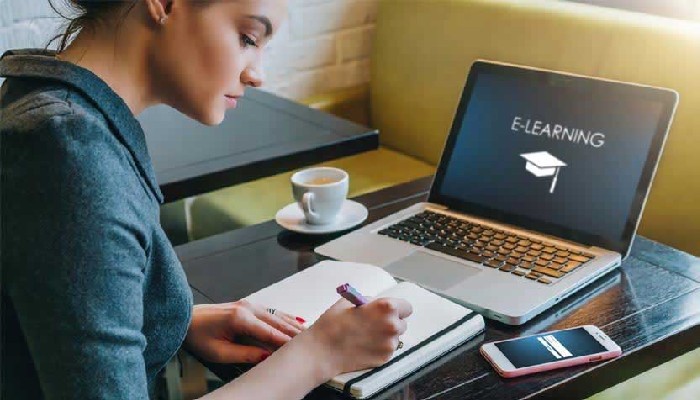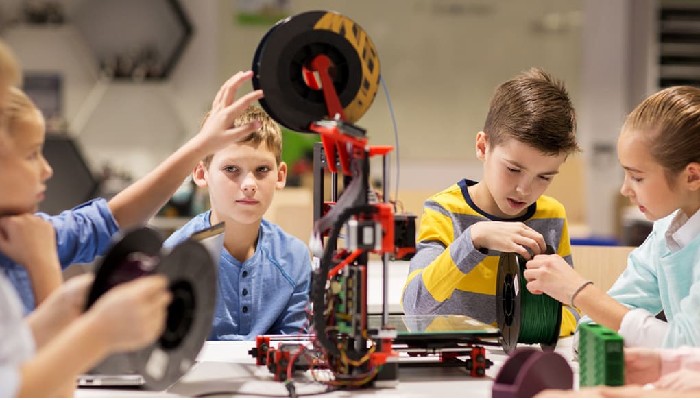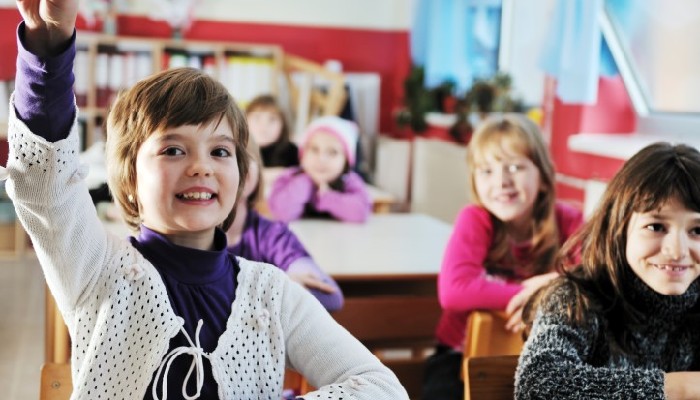Effects of social media and 21st century education (Positive )
Effects of social media and 21st century education ( Positive)
Social media and 21st-century education can have numerous positive effects, including:
1. Enhanced Communication
- Global Connectivity: Social media allows students and educators to connect with peers worldwide, fostering collaboration and cross-cultural exchange.
- Instant Feedback: Platforms enable quick communication, allowing for immediate support and clarification on educational content.
2. Access to Resources
- Diverse Learning Materials: Social media provides access to a vast array of educational content, including videos, articles, and interactive resources.
- Community Learning: Online groups and forums allow students to share knowledge and resources, enhancing collective learning.
3. Development of Digital Skills
- Tech Literacy: Engaging with social media helps students develop essential digital skills that are crucial for the modern workforce.
- Critical Thinking: Analyzing content online promotes critical thinking and media literacy, teaching students to evaluate information sources.
4. Increased Engagement
- Interactive Learning: Social media platforms can make learning more engaging through multimedia content and interactive discussions.
- Peer Support: Students can connect with classmates for study groups and support networks, which can improve motivation and accountability.
5. Encouragement of Creativity
- Content Creation: Social media encourages students to create and share their own content, fostering creativity and self-expression.
- Showcasing Work: Students can showcase projects and achievements, receiving feedback and encouragement from a broader audience.
6. Personalized Learning
- Tailored Educational Experiences: With access to diverse online resources, students can learn at their own pace and follow their interests.
- Differentiated Instruction: Educators can use social media to cater to different learning styles and needs, providing customized support.
7. Lifelong Learning
- Ongoing Education: Social media platforms facilitate continuous learning beyond the classroom, encouraging students to seek knowledge and skills throughout their lives.
- Networking Opportunities: Students can build professional networks early, connecting with mentors and industry professionals.
8. Community and Collaboration
- Group Projects: Social media tools enable effective collaboration on group assignments, enhancing teamwork skills.
- Civic Engagement: Platforms can be used to raise awareness and promote social causes, encouraging students to engage with their communities.
1. Motivate Online Learning

With the use of social media platforms in school, the students get motivated and fostered to learn. Educational videos on YouTube, easy access to e-books, online from reputed organizations by being at any location what social media has made possible.
2. Improve Creative Element

Social Media helps boost creative skills in students by permitting them to learn and later execute the same by doing it themselves. Quite frequently, a student’s hidden talent is revealed when he/she starts to take pictures and use online editing skills to make it took aesthetically appealing. Plenty of students have interesting hobbies that they post online via videos and photographers, which helps them realize their potential for making it a career.
3. Boost Academic Performance

Another vital impact of social media is boosting student academic performance and increasing their knowledge through data and information gathering. When students are assigned projects in school, they go through several online platforms to collect information so as to find solutions to their assignments.
Teen Perspective on Social Media and Education
"As a teenager, social media is a huge part of my life. It’s not just a place to post selfies or keep up with friends; it’s also a tool for learning and staying informed. I love how I can follow educational accounts on Instagram or TikTok that break down complex topics in a fun way. It makes learning feel more relevant and engaging.
Sometimes, it can be overwhelming, though. The pressure to constantly be 'on' or to compare myself to others can be tough. But I think the positives outweigh the negatives. I’ve learned to find supportive communities online where I can ask questions and share ideas, especially about school projects or study tips.
In terms of education, I appreciate how my teachers are using technology to enhance our learning. Online discussions and digital resources make it easier for us to collaborate and explore subjects at our own pace. It feels more personalized and less like one-size-fits-all education. I think 21st-century education is all about preparing us for a world that’s constantly changing, and social media plays a big role in that.
Overall, while social media has its downsides, it connects me to a world of information and opportunities that I wouldn’t have otherwise. It’s exciting to think about how education is evolving alongside it!"

Comments
Post a Comment